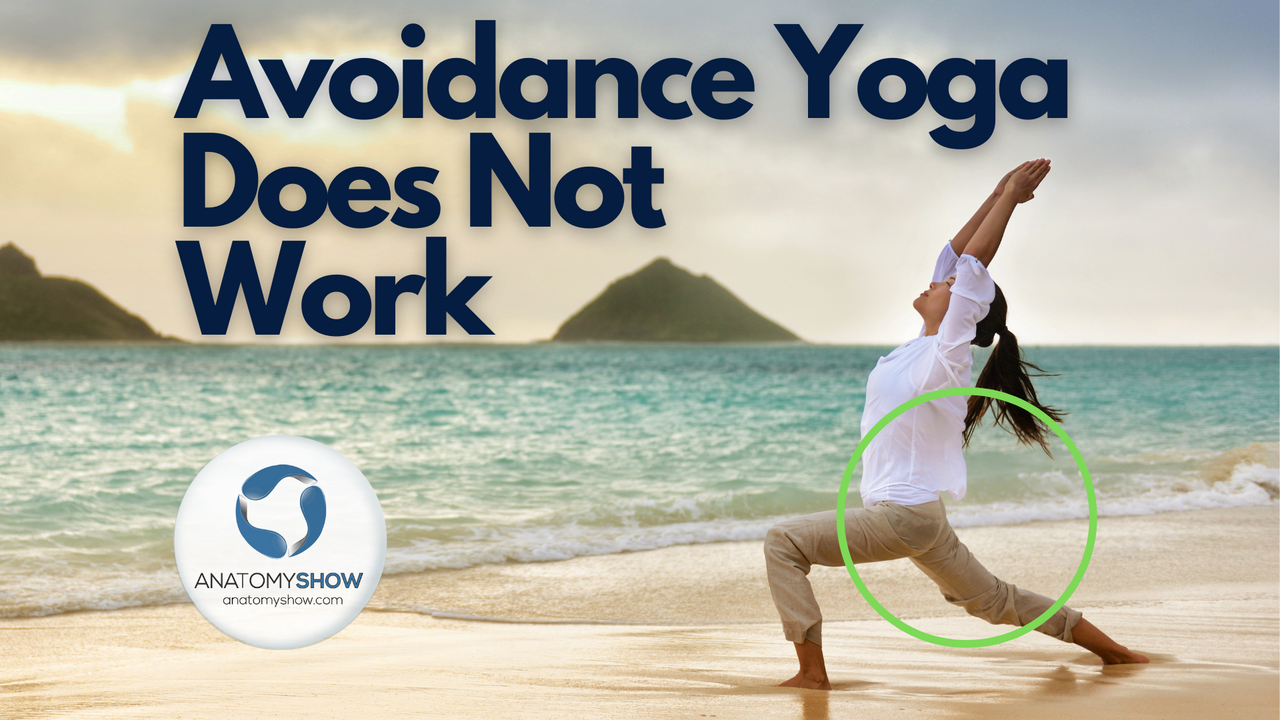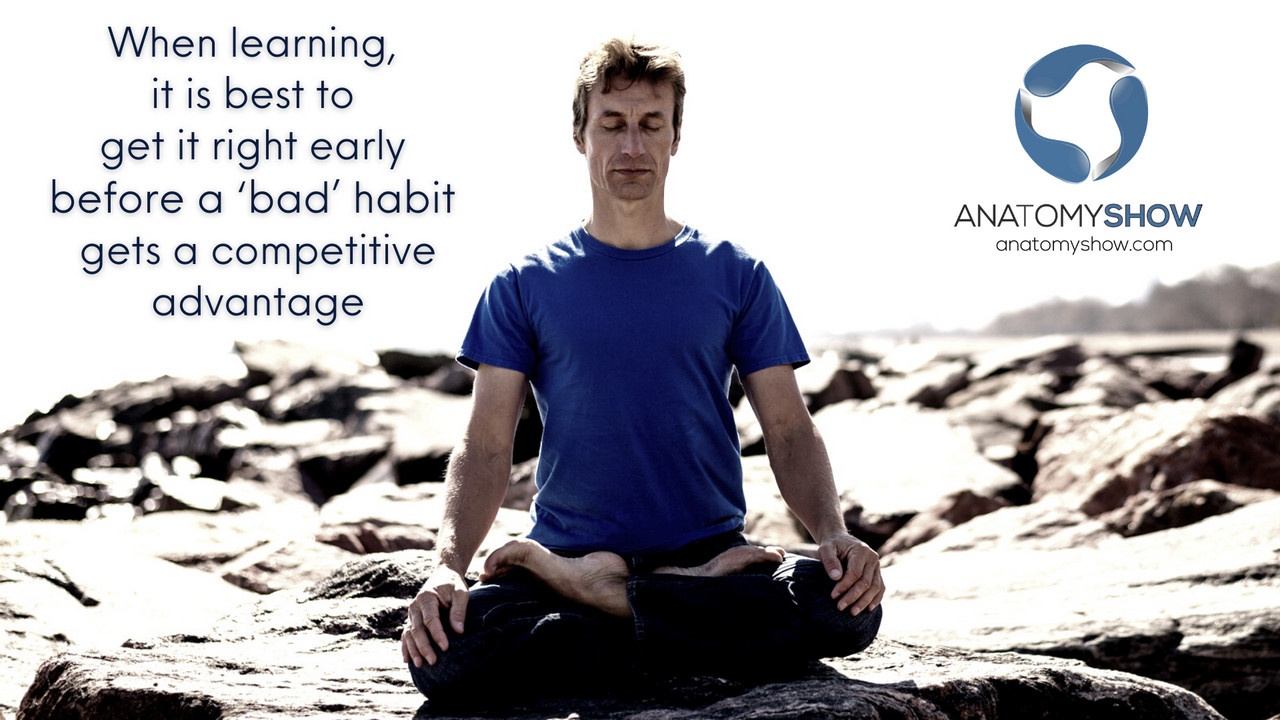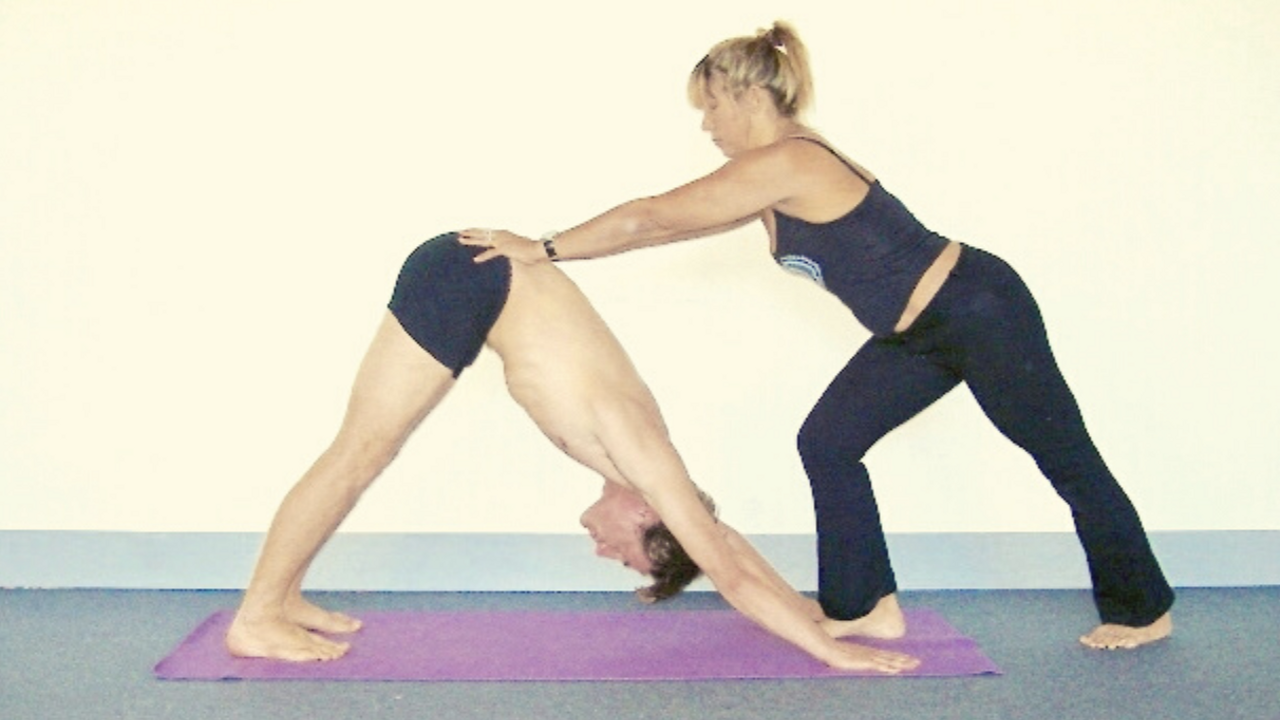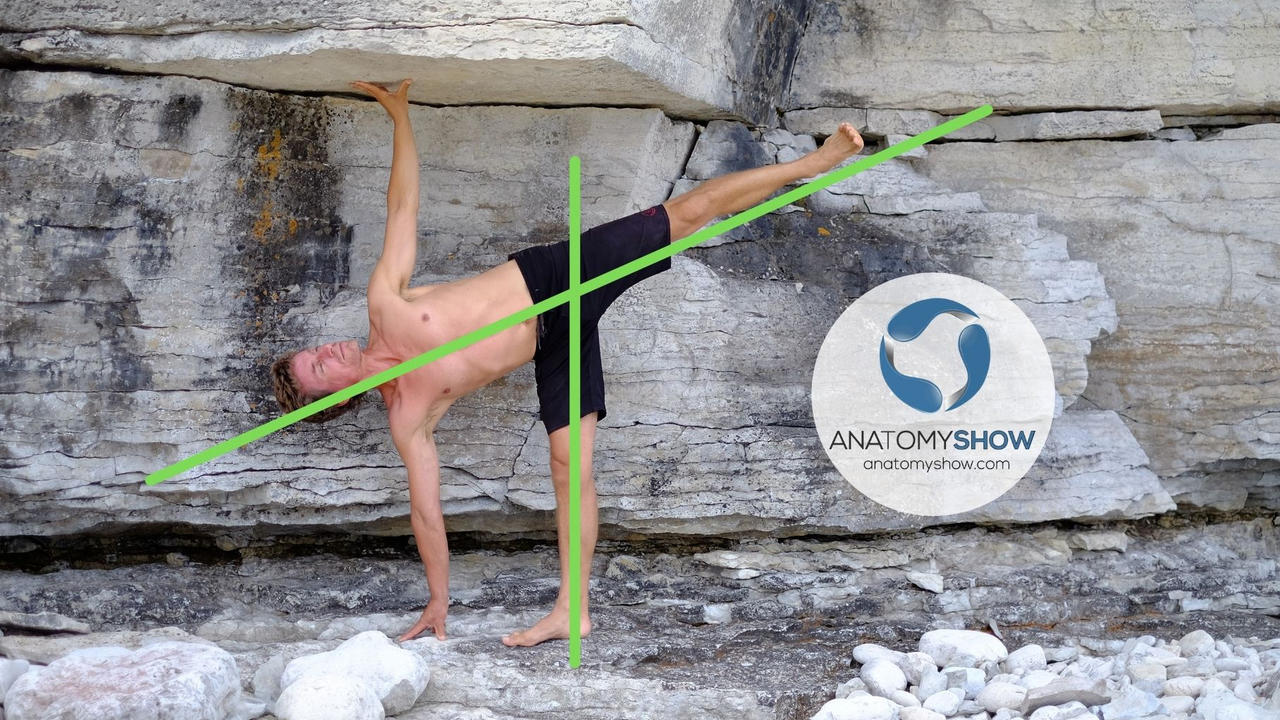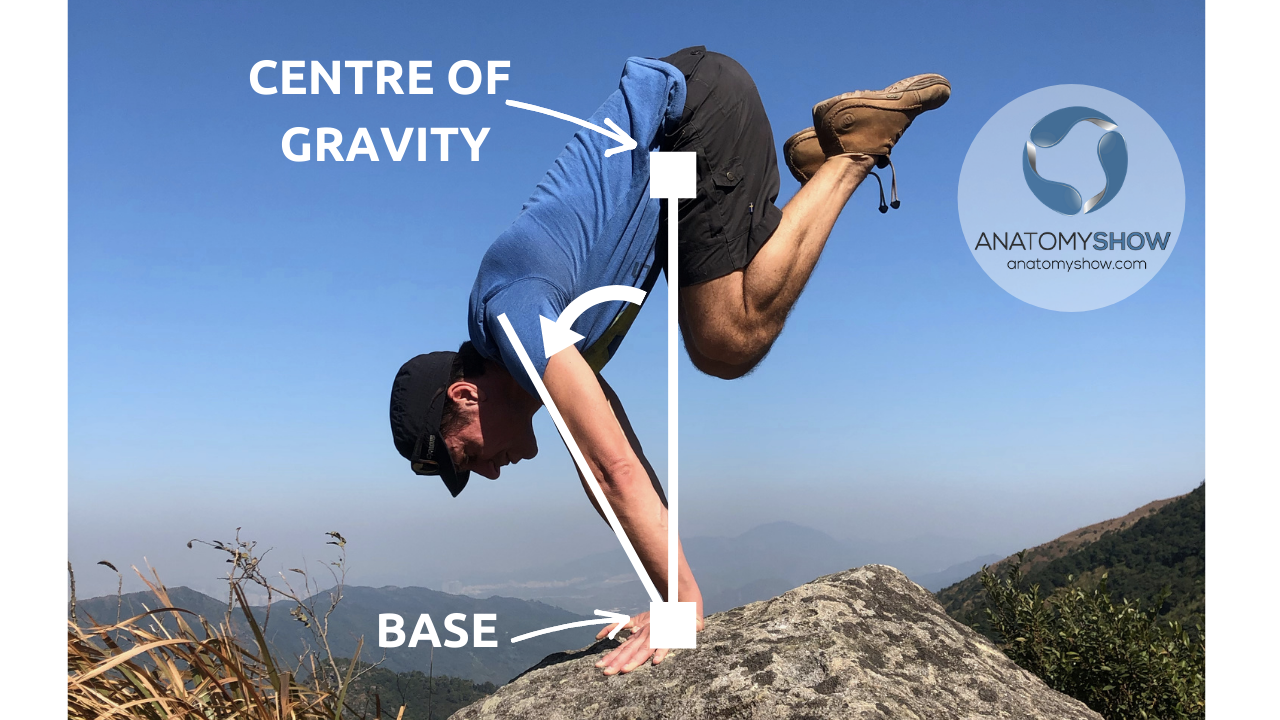The AnatomyShow BLOG
What are you really challenging in boat pose / navasana?
Hip flexors, hamstrings, thigh muscles, or your back?
The leg position has a big influence on what the focus of the posture is for many of us.
This video explains why practicing with bend knees is more likely to direct the effort to your hip fle...
Be careful with sharp knives. A sharp knife can injure you more easily.
Who remembers being told this when growing up? Or maybe you still hear it now?
For workplace safety, based on these cautions, wouldn’t it be advisable for cooks and chefs to have blunt knives? That would ensure more consistency ...
Most of us have areas or regions in the body that complain in some way when asked to move or when put under pressure.
One way to describe these ‘complaints’ is pain.
A very common response to pain that is experienced in yoga classes is to receive the instruction to avoid the movement or posture.
Avoid...
The movement we think we are doing, how we imagine our posture looks like, and the reality are often quite different.
This disconnect between perception and reality is based on the integration of specific nerve receptor information in our body.
Watch the video to learn how you can train these recept...
We're probably all familiar with at least some of our bad habits.
Maybe this starts with how we (don't) get out of bed in the morning, or the distractions that keep us from our morning practice. Or was that efficient work? During our Yoga practice, do we favour certain postures and avoid others, po...
Integrated yoga anatomy is about bringing the body to life.
It’s stepping up from just learning muscles, bones and levers, to learning how to improve postures and movements.
If you want a functional body that can move and practice sustainably, you need to integrate your anatomy.
One of the biggest ...
Do you still remember your first yoga class? The challenges to your mobility, your balance, your strength? Don't you wish it could have been easier?
When I first went to yoga classes, I was so disappointed with myself. I thought I was fit and capable. I was running, cycling, surfing and doing some...
As it turns out, not very much.
Alignment can look good.
Sometimes it makes postures and movements easier.
But what get’s us to a certain alignment?
It’s the actions and engagements of muscles.
Maybe let’s focus on that. Engagement is important.
Let’s take a step back to get the bigger picture.
Alignm...
This yoga anatomy tip will help you improve your balance in handstand and othert balance postures.
Anytime you want to attempt to practice a balance yoga posture you need to follow this principle to be successful. if you aim to balance for longer than it takes to take a quick photo.
These balance pr...
Your Ankle Position Influences Your Knee Function
The inside structure of your feet is not clearly visible from the outside. When you learn about the significance of the foot structure at the ankle joint you can understand the influence of your foot arches and the ankle position on the knee joint.
The...
In the range of postures associated with modern yoga practice, front splits are one of the most frequently aspired to, along with wheel pose, and head- and hand stands.
Difficulties accessing and practicing front splits / forward splits / hanumanasana, are often considered to be tight hamstrings.
O...
Watch this video for a look at locust pose to support your sitting posture.
Don't we often find ourselves sitting slumped using our arm or hand to prop us up when at a desk or table? This is quite an external body support.
In this video, we’ll take the first step and focus on the muscles along the spi...


